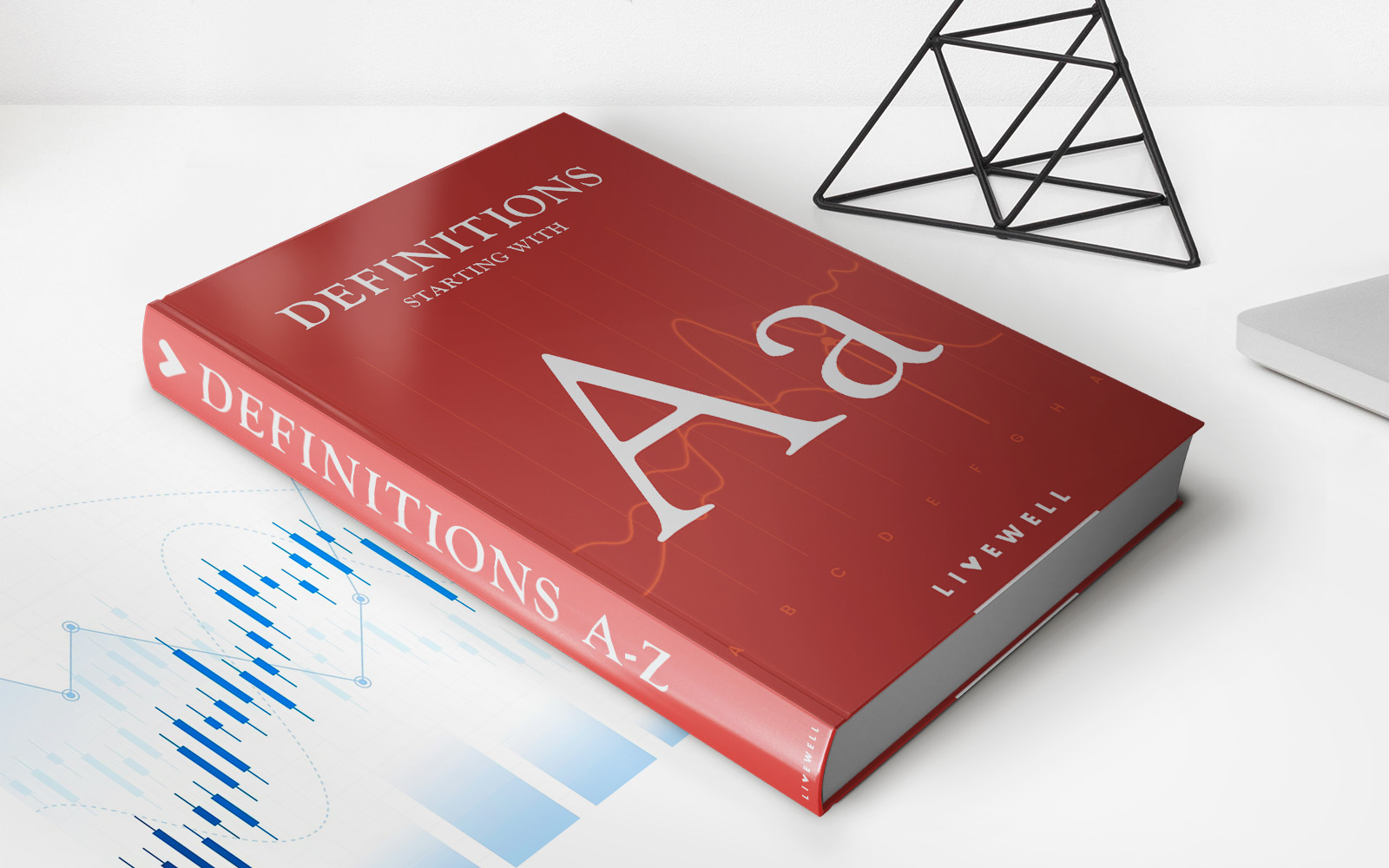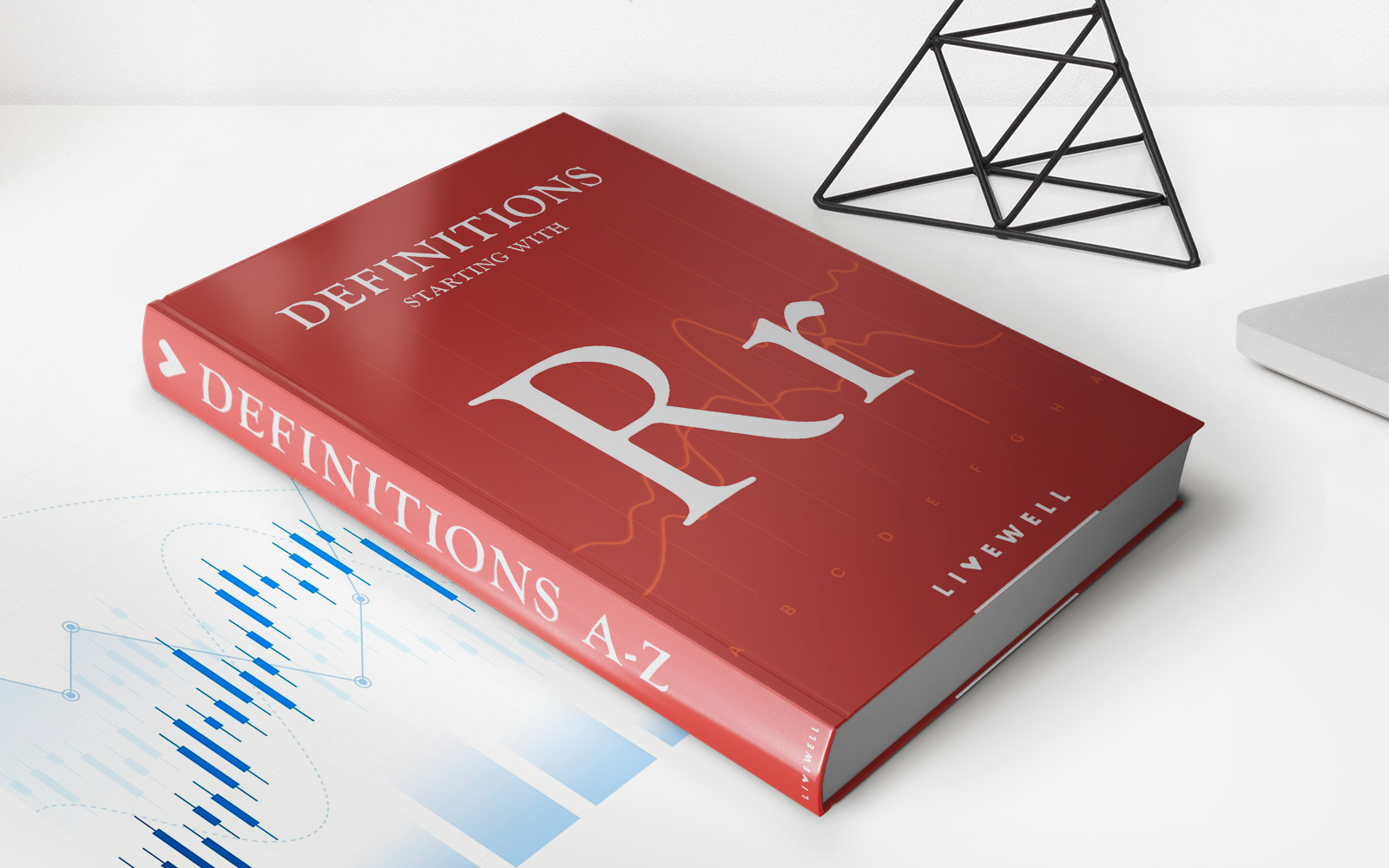

Finance
Accrual Bond Definition
Published: September 28, 2023
Learn about accrual bonds in finance and understand their definition and importance in investment. Explore the benefits and risks associated with these types of bonds.
(Many of the links in this article redirect to a specific reviewed product. Your purchase of these products through affiliate links helps to generate commission for LiveWell, at no extra cost. Learn more)
Unlocking the mystery behind Accrual Bonds
Welcome to the Finance Page, where we delve into the fascinating world of financial instruments and investment opportunities. Today, we shine the spotlight on a lesser-known but valuable asset class – Accrual Bonds. What are they, and why should you consider adding them to your portfolio? Let’s find out!
Key Takeaways:
- Accrual bonds are fixed-income securities that pay interest over time rather than upfront.
- Investors who have a long-term investment horizon and are looking for steady income streams might be attracted to accrual bonds.
Accrual bonds fall under the fixed-income category, making them appealing options for investors seeking a steady income stream. Unlike traditional bonds, which typically pay interest semi-annually or annually, accrual bonds differ in their payment structure. Instead of receiving regular interest payments, investors receive the full interest amount at maturity.
Accrual bonds are especially attractive to investors who have a long-term investment horizon and are comfortable with delayed gratification. By deferring interest payouts, these bonds allow investors to benefit from compound interest over time, potentially resulting in higher overall returns.
There are a few important factors to consider when investing in accrual bonds:
- Investment Horizon: Accrual bonds are often best suited for long-term investors who can afford to wait for their interest to accrue until maturity.
- Yield Potential: While accrual bonds may offer higher yields compared to traditional bonds, they also come with increased potential risks.
- Creditworthiness: As with any investment, it is crucial to evaluate the creditworthiness of the bond issuer before committing your funds. Research the issuer’s financial health and credit ratings to make an informed decision.
Investing in accrual bonds may not be suitable for everyone. This unique investment opportunity requires careful consideration of individual investment goals, risk tolerance, and financial circumstances. Consulting a financial advisor or wealth manager can offer personalized guidance based on your specific needs.
In conclusion, accrual bonds can be a valuable addition to a diversified investment portfolio for those with a long-term investment horizon and a tolerance for delayed interest payment. By understanding the benefits and risks associated with accrual bonds, you can make informed decisions to optimize your financial future.
Keep exploring our Finance category for more informative articles on various financial topics! Stay tuned for our next post.














